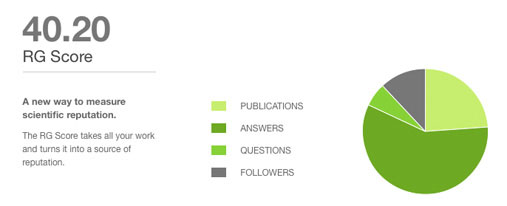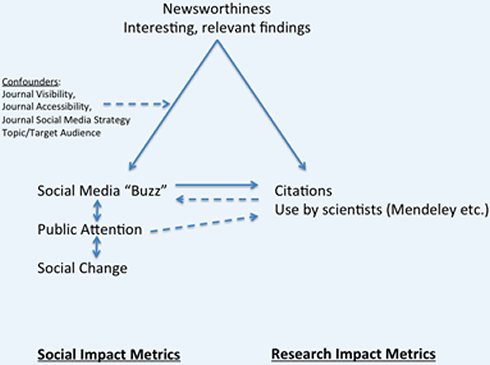Plum Analytics: a new player in the field of altmetrics?
28 Sep, 12 | by BMJ
The “publish or perish” model of the academic world has followed a similar pattern since the middle of the last century. It generally takes around seven years from the conception of an idea, to the publishing of a paper, to the point where a critical mass of citations are formally gathered around it.
“Clearly the world moves much, much faster than that now,” argues Andrea Michalek, co-founder of startup Plum Analytics, with researchers posting slides online about their work even before it’s published, and tweets mentioning those discussions and linking back to the content. “All this data exhaust is happening in advance of researchers’ getting those cited-by counts,” she says, and once a paper is published, the opportunities for online references to it grow.


